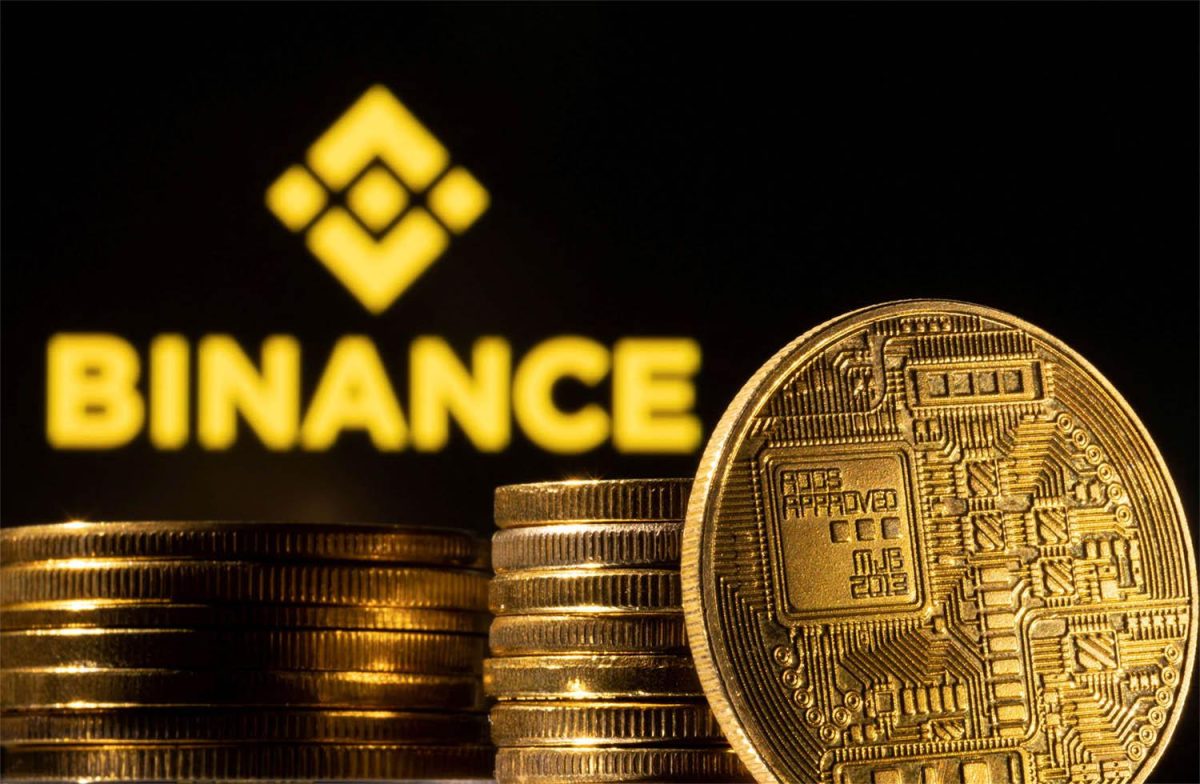Binance to Remove 11 Spot Trading Pairs in Year-End Review
24.12.2024 21:00 2 min. read Kosta Gushterov
Binance, the largest cryptocurrency exchange globally, has revealed it will be removing 11 spot trading pairs from its platform on December 27, 2024.
This decision is part of its ongoing evaluation process, which aims to ensure the platform remains efficient and responsive to market shifts. The delisting of these pairs is driven by factors like low liquidity and trading volume.
The affected pairs include ACE/BTC, ACM/TRY, BOME/BTC, DYM/BTC, MTL/TRY, PIXEL/BNB, PIXEL/FDUSD, QKC/BTC, RAD/BTC, REZ/FDUSD, and TUSD/TRY. However, users will still be able to trade the underlying tokens through other active pairs on Binance.
The projects behind the delisted pairs span a range of sectors in the blockchain space. Fusionist (ACE), for example, is a blockchain-based AAA game that incorporates advanced rendering technologies. AC Milan Fan Token (ACM) connects football fans with their team in unique ways, while Book of Meme (BOME) offers a meme token on Solana.
Other projects such as dYmension (DYM), a settlement layer in the Cosmos network, and Metal (MTL), a platform that rewards users for crypto-fiat conversions, have also been impacted. Additionally, QuarkChain (QKC), Radworks (RAD), Renzo (REZ), and TrueUSD (TUSD) – a stablecoin pegged to the U.S. dollar – are among the delisted pairs.
These adjustments reflect Binance’s commitment to maintaining a high-quality, user-friendly trading environment. By removing pairs that no longer meet its standards, the exchange aims to keep its platform competitive, ensuring it remains aligned with the evolving needs of its global user base.
-
1
Ethereum Core Developer Launches Foundation to Push ETH to $10,000
03.07.2025 20:00 2 min. read -
2
First-Ever Staked Crypto ETF Set to Launch in the U.S. This Week
01.07.2025 9:00 2 min. read -
3
XRP Price Prediction: Price Compression and Higher ETF Approval Odds Could Propel XRP to $4
01.07.2025 20:03 3 min. read -
4
LINK Stuck Below $15 as Whales Accumulate and Retail Stalls, CryptoQuant Reports
03.07.2025 19:00 2 min. read -
5
Crypto Inflows hit $1B Last Week as Ethereum Outshines Bitcoin in Investor Sentiment
07.07.2025 20:30 2 min. read
Ethereum Sparks Altcoin Season as FOMO Shifts Away From Bitcoin
Traders are rapidly shifting their focus to Ethereum and altcoins after Bitcoin’s recent all-time high triggered widespread retail FOMO.
Ethereum ETF Inflows Hit Record High as Price Jumps Past $3,400
Ethereum saw an explosive surge in institutional demand this week, with spot exchange-traded funds (ETFs) posting their highest single-day inflow on record. O
Fartcoin Price Prediction: FARTCOIN Could Rise to $2.74 After Major Breakout
Fartcoin (FARTCOIN) is once again leaving a trail of strong gains as the crypto market rallies. In the past 24 hours alone, the token has produced an 18.2% return as trading volumes have exploded. Data from CoinMarketCap shows that Fartcoin’s volumes have more than doubled during this period. More than $500 million worth of this […]
Altcoins Gain Momentum as Bitcoin Dominance Drops to 61.6%
The cryptocurrency market is experiencing a notable shift in capital flows as Bitcoin’s market dominance has dropped to 61.6%, marking a 2.36% decrease.
-
1
Ethereum Core Developer Launches Foundation to Push ETH to $10,000
03.07.2025 20:00 2 min. read -
2
First-Ever Staked Crypto ETF Set to Launch in the U.S. This Week
01.07.2025 9:00 2 min. read -
3
XRP Price Prediction: Price Compression and Higher ETF Approval Odds Could Propel XRP to $4
01.07.2025 20:03 3 min. read -
4
LINK Stuck Below $15 as Whales Accumulate and Retail Stalls, CryptoQuant Reports
03.07.2025 19:00 2 min. read -
5
Crypto Inflows hit $1B Last Week as Ethereum Outshines Bitcoin in Investor Sentiment
07.07.2025 20:30 2 min. read


